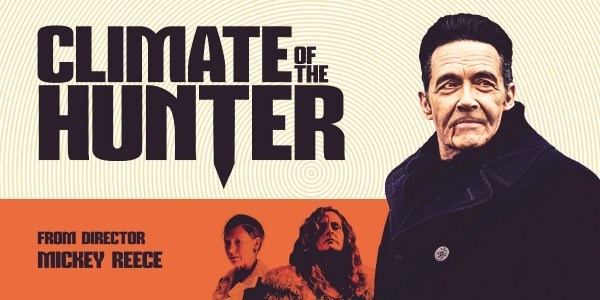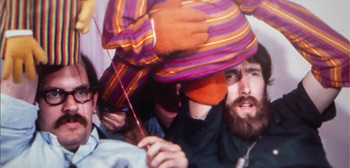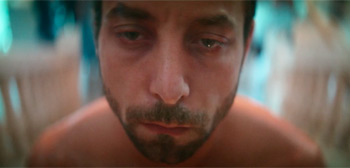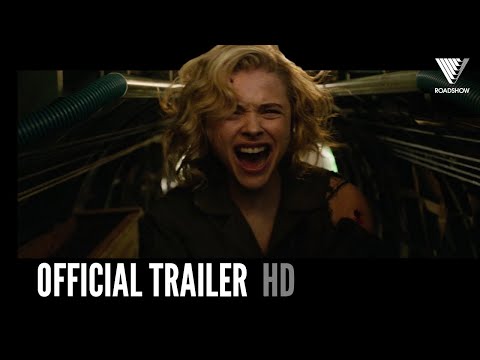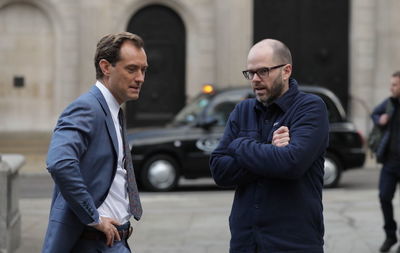Ridgefield International Film Festival 2020: Comedy Shorts
After a night of horror shorts, I was excited to dive into the comedy corner of the short film medium. I had already seen one of the shorts being showcased – 40 Minutes Over Maui – at the 2019 Tribeca Film Festival, its humor and hilarity setting the stage for more to come here.
Age of Bryce (David Feagan and Brian Elliot)
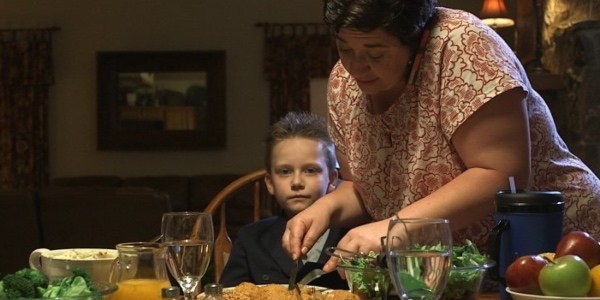
Helicopters moms – overbearing, statistically charged, and “always” right. Their laser eyes are always on point, even when distracted by the continuous conversation of others (well, in dictating to others). For Bryce, his life has been overshadowed by his mother, always afraid of him becoming a statistic, always afraid of what giving an inch of freedom could do to her son.
We are introduced to Bryce as he is about to run into the pool, pulled back at the last moment by a leash he has strapped to his back. As we take in Bryce, the leash becomes a part of a menagerie of safety measures his mother has put in place around him. His face is pure white from the oppressive layers of sunscreen and he is barely mobile due to the overabundance of floats covering his body. Though the dangers imposed on her child do not stop at the pool. As she puts her Bryce to bead, he is once again padded – hockey helmet with little rainbow stickers plastered across the top, mittens over the hands and only a few inches from his bed to hers – displaying the constant and seemingly oppressive environment he is raised in.
Age of Bryce, from directors David Feagan and Brian Elliot, delivers much of what could have been heavy-handed examples of denied freedom with ease and with quick wit. Each showcase of the mother, compounded by her son’s reactions, not only bring the dramatic awareness of overbearing childhoods but also delivers a cathartic break of freedom as one bridges the gap between childhood and adulthood.
Participant (John Piazza)
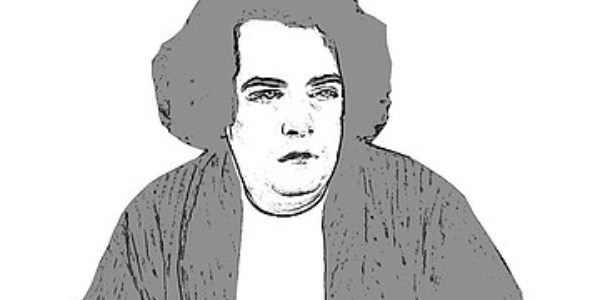
Participant, from director John Piazza, is a short film where it is difficult to see the humor, especially as the film follows a man’s attempt to break free of his depression through the construction of a bookcase. As he walks out into his living room, viewers are introduced to the state of his house. Used pizza boxes, crushed boxes of clothes, and old school items – anything you could imagine litters the carpeted floor of his home. As he navigates through the mess, he notices an unbuilt bookcase and proceeds to organize his life.
There is symbolism in the mess strewn across the floor, the disorganization, and daily tasks falling to the wayside in the wake of depression. There is a sadness in the inability to move past the mess, to put everything back in order. There is also hope in an attempt to organize even a small portion of the room. An awkward and gentle touch while putting in the posts and screws of the bookshelf, music upbeat, and hopeful at the prospect of completion. There is a clarity in this moment as he is compelled to change an aspect of his life.
Yet, there is also a closing sadness as the man, having successfully assembled the shelf and organized a corner of the room, stands starring into oblivion, his phone quietly ticking down in his hand. While he has made strides and fought against his own adversity, it is lingering in the shadows, certain to return. With this closing scene, the Participant becomes more of a film about awareness and understanding. It is a poignant short and vital in the continuing strive to exhibit support to those who suffer and to obtain an understanding for those who want to lend their support.
Bee’s Knees (Alex Grossman)
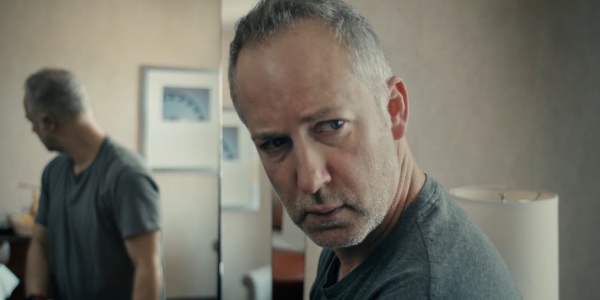
Out of the evening, unfortunately, this is the film I did not get – its humor clearly lost on me. A struggling comedian pushes back against his manager, refusing to perform his standup routine for the Federation of Bees – never mind the costume he is expected to wear. One joke about bees, and now he is the bee man. Bee’s Knees, from director Alex Grossman, is very short, and unfortunately not very funny.
While he refuses to perform, his manager spends the entire short trying to convince him he is still a good performer and that he must perform. There is a tug of war between them, each trying to garner control, while each believing they know what is best for the future of the comedian and his career. While he is sour for the avenues his success has taken him, his manager is both supportive and critical, calling him out for holding back, while also still retaining the strength of his talent.
#PrincessProblems (Maritza Gomez)
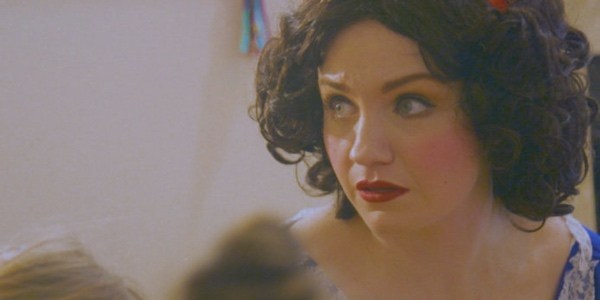
This was by far one of my favorite shorts of the entire festival. #PrincessProblems, from director Maritza Gomez, is a short I hope can become accessible to both little girls and women alike. In a world where every form of feminism, both being empowered and even criticized, the subject of princesses as viable role models is one that can be met with hot debate. There is a domestic nature accompanied by the animated roles, women in peril waiting and needing a man to save them. Yet, is there an inspiring and empowering nature to princesses that have been overlooked in the fight for equality? This is what #PrincessProblems sets out to answer.
There is a nervous awkwardness that surrounds Bree (Brittney Lee Hamilton – also the short’s writer) as she prepares to be filmed. She seems to strive for perfection rather than going with the flow. She is overly positive, a quality one would typically associate with a princess. As she is interviewed by her friend for the film regarding strong female role models, you can see the princess portrayal take over as she answers and becomes more and more comfortable on screen.
Bree is a for hire princess for children’s birthday parties, a job she embraces wholeheartedly, even on the toughest of days. Today, viewers are accompanying Bree as she portrays Snow White for a local party, the mothers embracing hours of freedom while Bree as Snow White tackles some of the tough questions and stories children have brewing in their heads. Though, as the night carries on, her friend begins to challenge Bree’s perspective about the power the portrayal of princesses can have on children. Yet, in her darkest moment, questioning her own beliefs, a moment of validation drives home the importance she stands for.
#PrincessProblems is more inspiring than comedic – though it is not without its humor. This is not a film that ends and you comment on the humor immediately, rather on the message it is trying to convey. While the mothers are drinking in the other room and the father absent, Bree is a central figure for the girls. She is not only entertaining, but she has a front-row seat to what the children truly see – the stories of their families, aging, death, and the need for consent (“#ConsentSnowWhite”). It is a deeply layered film, that at first seems as fluffy and light as its character subjects, yet has deep nuanced levels as it continues. There is more to the simple delicacy of princesses.
Does content like this matter to you?
Become a Member and support film journalism. Unlock access to all of Film Inquiry`s great articles. Join a community of like-minded readers who are passionate about cinema – get access to our private members Network, give back to independent filmmakers, and more.
Join now!

